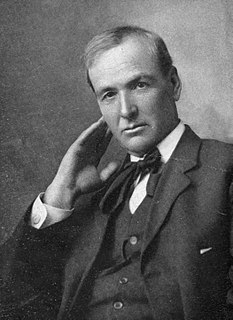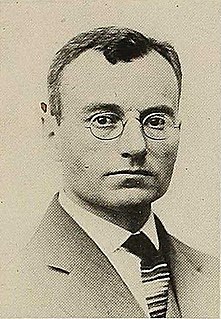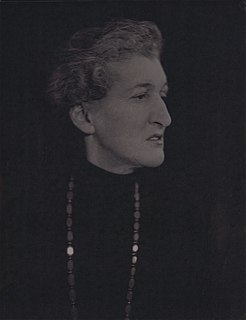A Quote by Thomas Carlyle
In a certain sense all men are historians.
Quote Topics
Related Quotes
It is certain that the greatest poets, orators, statesmen, and historians, men of the most brilliant and imposing talents, have labored as hard, if not harder, than day laborers; and that the most obvious reason why they have been superior to other men is that they have taken more pains than other men.
Most academic historians accept that historians' own circumstances demand that they tell the story in a particular way, of course. While people wring their hands about 'revisionist' historians; on some level, the correction and amplification of various parts of the past is not 'revisionism' as it is simply the process of any historical writing.
This is in us: a certain sense of denial, a certain sense of groupthink. This is not something that sits on one party line or the other. We've seen it in all permutations throughout history, and at the core of it is a certain insistence that what we want to be true is now true, and what we don't like is now false.
In a certain sense, and to a certain extent, he [the president] is the representative of the people. He is elected by them, as well as congress is. But can he, in the nature [of] things, know the wants of the people, as well as three hundred other men, coming from all the various localities of the nation? If so, where is the propriety of having a congress?









































